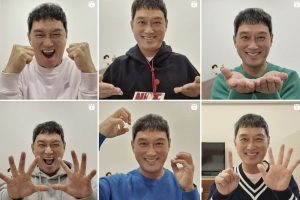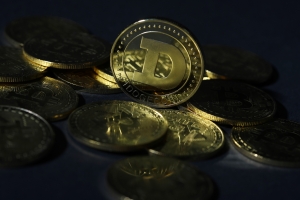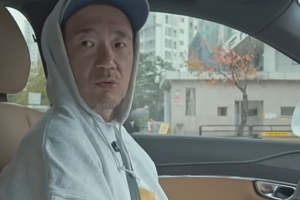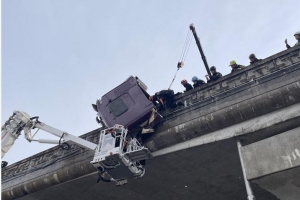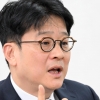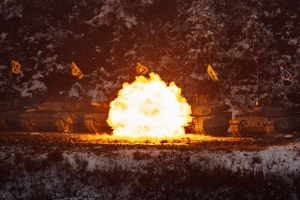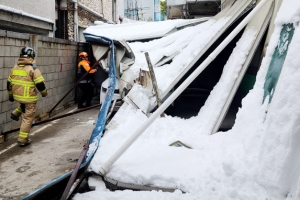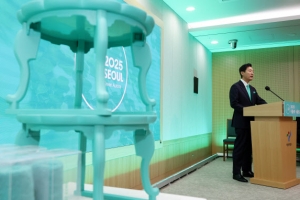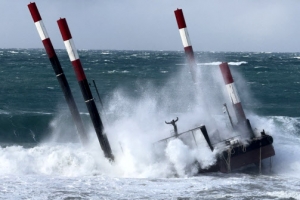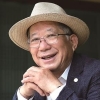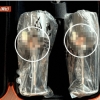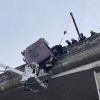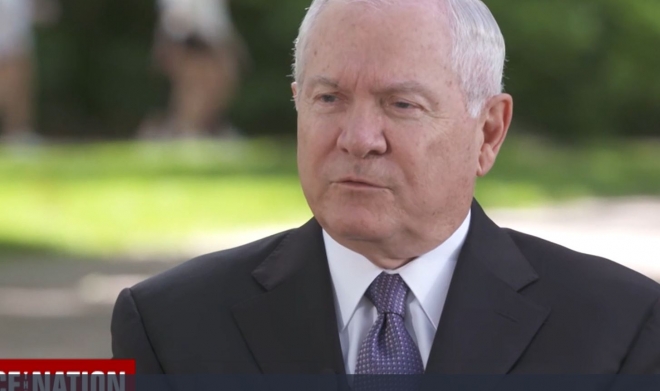
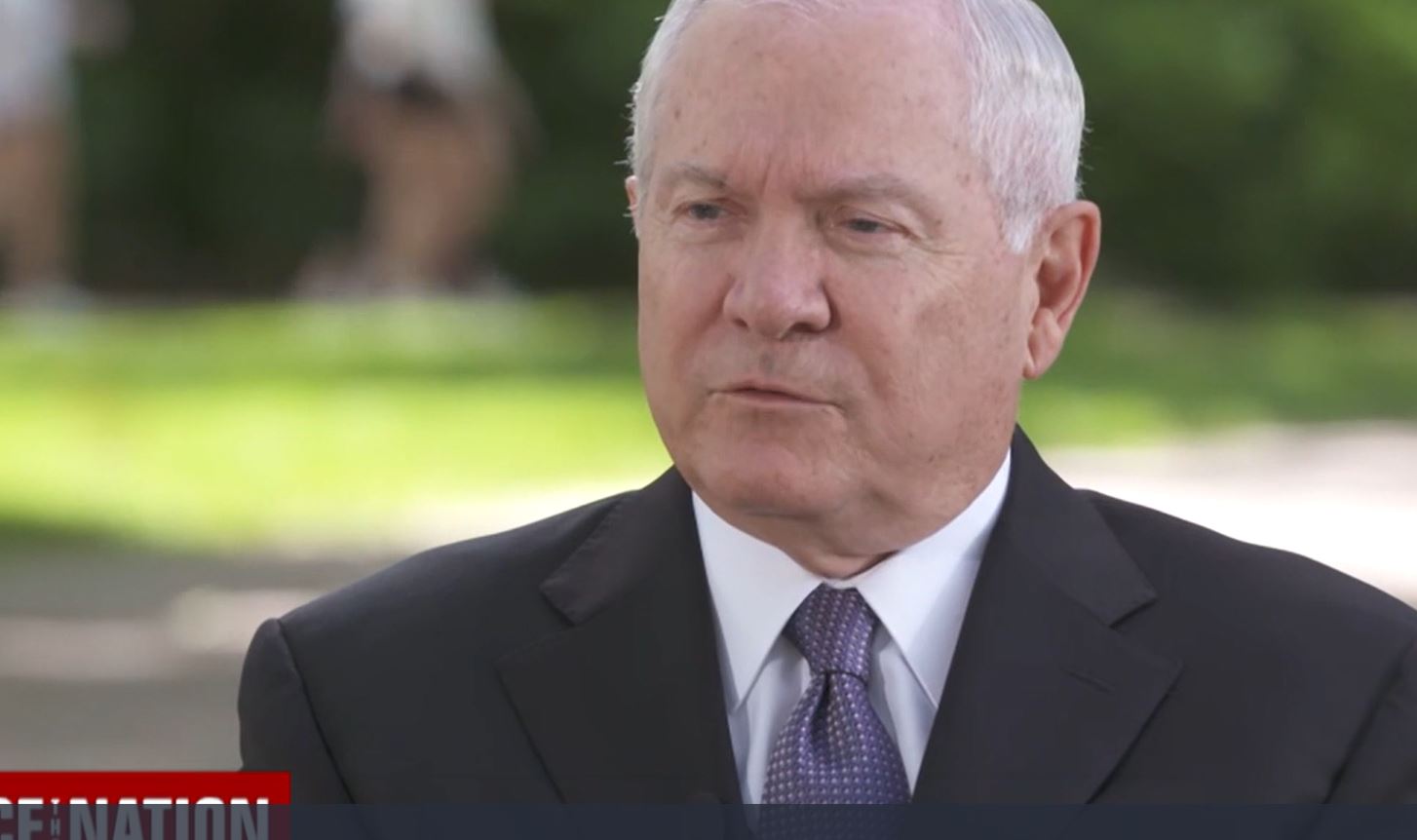
CBS 방송 동영상 캡처
게이츠 전 장관은 12일(현지시간) 방송된 미국 CBS방송의 ‘페이스 더 네이션’ 프로그램 인터뷰를 통해 “그들은 최소한 어느 정도의 적당한 핵 능력을 갖추는 것이 국가 생존과 김씨 왕조의 생존에 필수적으로 생각한다”며 북핵 해결을 위한 트럼프 행정부의 대화 노력을 “대담한 것”이라고 긍정적인 평가를 내리면서도 성과가 있을 것으로 내다보지 않았다.
게이츠 전 장관은 “세 명의 전임 대통령이 재직한 지난 25년 동안 미국은 북한과 협상을 시도했지만 모두 실패했다”며 “그래서 트럼프 대통령이 김정은에게 손을 내밀고 개인적인 만남을 제안한 것은 분명히 위험이 있다”고 지적했다. 북한이 지난 2월 베트남 하노이 북미정상회담에서 꺼내든 영변 핵시설 폐기 카드에 대해선 “그들은 예전에도 그것을 제시한 적이 있다”고 평가 절하했다.
게이츠 전 장관은 ”김정은이 핵시설의 일부를 폐기하는, 그다지 대단하지 않은 변화의 대가로 제재 해제를 요구한 것은 북한이 트럼프의 전임자들에게 했던 ‘우리는 조금 하고, 당신은 많이 한다’는 과거의 전략과 기본적으로 다르지 않은 것”이라고 지적했다.
당시 트럼프 대통령이 아무런 합의 없이 회담장을 떠난 것에 대해서는 “그가 옳았다고 생각한다”며 “왜냐하면 북한의 완전한 비핵화를 이룰 수 있다고 믿는 것은 비현실적이라고 생각하기 때문”이라고 단언했다.
게이츠 전 장관은 “그렇기 때문에 만약 북한이 모든 핵무기를 포기하지 않으면 제한적인 것들을 추구할 가치가 있는지, 그리고 대안은 무엇인지가 문제”라고 진단했다. 그는 ‘김 위원장이 외교에 대해 진지하다고 보느냐’는 질문에 “그렇다”고 답하면서도 “내 생각에 그는 다른 목표를 갖고 있는 것 같다”고 말했다.
또 ‘핵 목록을 내놓지 않는 북한과 언제까지 대화해야 하느냐’는 질문에는 “적어도 당분간은 유지해야 할 것 같다”거나 “핵실험이 없는 한 (대화의) 문을 열어둘 가치가 있을 것”이라고 평가했다. 이어 “그러나 북한이 핵실험을 하지 않더라도 핵무기를 계속 생산하고 있기 때문에 현상유지는 받아들일 수 없다”면서 “이것(대화)을 오래 끌고 나가면 아무 일도 일어나지 않는다는 것을 깨달아야 한다”고 강조했다.
게이츠 전 장관은 ‘아버지 부시’ 행정부에서 중앙정보국(CIA) 국장을 역임하고 ‘아들 부시’ 행정부 시절인 2006년 12월 국방장관에 임명됐다. 그 뒤 오바마 정부가 출범한 뒤에도 계속 재직하다가 2011년 6월말 퇴임했다.
마가렛 브레넌과의 인터뷰는 40분 분량 남짓이며 중국과 이란, 베네수엘라를 다룬 다음 북한 관련 부분을 다루고 미국 대선 예상 출마자들에 관한 품평으로 넘어갔다. 북한 관련 녹취록은 다음과 같다.
MARGARET BRENNAN: North Korea, another hotspot. Do you think the president is on the right track?
FMR. SEC. GATES: You know, I thought- first of all, the United States for 25 years, under his- President Trump‘s three predecessors, all tried to negotiate with the North Koreans and all failed. And so after 25 years of failure, I thought that the president’s decision to reach out to Kim Jong Un and offer a personal meeting- sure there were risks. You gave up the prestige of a meeting with the president of the United States, but I thought it was a bold stroke that might create an environment where there could actually be progress toward getting limitations on on the North Korean nuclear program. I believe that the North Koreans will never completely denuclearize. I think they see at least- having at least some modest nuclear capability is essential to their national survival and the survival of the Kim dynasty, if you will. But I think that the outreach was- was a bold thing to do. And- and I think what Kim- when Kim was asking for a significant lifting of the sanctions for really modest changes in taking down part of the nuclear establishment--
MARGARET BRENNAN: The proposal in Hanoi--
FMR. SEC. GATES: --was basic- yes, was basically the same strategy that he‘s followed with- with Trump’s predecessors. You know, we‘ll do a little and you do some. You- we’ll do a little and you do more.
MARGARET BRENNAN: So you don‘t think he’s serious about diplomacy?
FMR. SEC. GATES: I think- Kim? I think he is. But I think he‘s got a different set of objectives. And- and so the problem is-over the years of negotiations, the nuclear facility at Yongbyon has been opened and closed so many times, it ought to have a revolving door.
MARGARET BRENNAN: So that’s not a serious offer by North Korea, when they put it on the table in Hanoi?
FMR. SEC. GATES: They‘ve done this before.
MARGARET BRENNAN: So the president was right to walk away?
FMR. SEC. GATES: I think he was. I think he was. Because now, I think they’re unrealistic in believing that they can get complete denuclearization. So the question is, if the North won‘t give up all of its nuclear weapons, are other limitations worth pursuing? And what’s the alternative to pursuing those other alternatives?
MARGARET BRENNAN: Well, North Korea hasn‘t handed over its weapons inventory. They haven’t dismantled their missiles. They haven‘t broken down any part of their nuclear program. So how long do you keep talking before you say, this just isn’t gonna work?
FMR. SEC. GATES: Well I think- I think you have to keep at it at least for a while, but there‘s no- that’s- the status quo is also not acceptable because they are continuing to produce nuclear weapons, even if they‘re not carrying out nuclear tests. And- and now they’ve resumed some of their ballistic missile testing, not the long- long range tests, but these shorter range missiles have the capacity to reach our allies, South Korea and Japan. So, you know, as long as there‘s no nuclear testing, it’s probably worth keeping the door open. But at some point, people have to realize that if you just drag this thing out, it‘s not going to lead to anything. Now the problem that Kim faces is their- the country is facing another famine, and the country is under severe stress. The Chinese will never go along with sanctions so severe that they break the North Korean regime. They will keep it minimally alive, if you will. So the notion that the North is going to collapse, I think, is probably unrealistic. But at the same time, if you just let this thing string out, the North is just continuing to build their capabilities.
임병선 평화연구소 사무국장 bsnim@seoul.co.kr
Copyright ⓒ 서울신문. All rights reserved. 무단 전재-재배포, AI 학습 및 활용 금지


